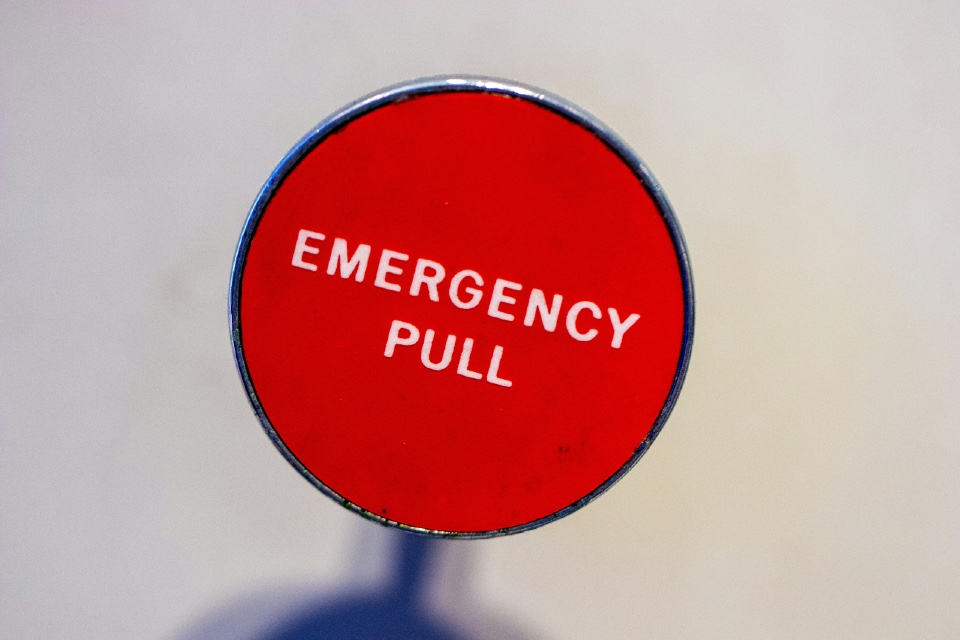Those charged with managing their organisation’s physical security face a range of complex threats – from cyber incidents and terrorist attacks to natural disasters and pandemics – that require rapid, coordinated responses. To navigate these scenarios, public and private entities must partner with the right crisis management solutions and service providers that offer robust technology integration, swift response capabilities, regulatory compliance, and scalability. Here’s how delegates at the Total Security Summit are approaching the task…
1. Comprehensive Technology Integration
Crisis management is increasingly data-driven and real-time. The ideal partner should offer solutions that integrate seamlessly with your existing security infrastructure, including:
- Security Information and Event Management (SIEM) systems
- Incident management software
- Communication platforms (mass notification systems)
- Access control and CCTV systems
An integrated solution provides a unified view of threats, enabling security teams to respond rapidly and efficiently. Ensure that your chosen partner offers cloud-based, API-compatible systems for streamlined integration and real-time situational awareness.
2. Rapid Response Time Capabilities
When crises occur, every second counts. Your partner’s response capabilities should include:
- 24/7 emergency response teams trained for high-pressure situations.
- AI-driven threat detection and alerting to identify risks immediately.
- Automated workflows and pre-configured action plans for different crisis scenarios.
Check your provider’s service-level agreements (SLAs) for response times, ensuring they can guarantee rapid mobilisation. A strong partner will also offer real-time monitoring and remote incident support, enabling swift decisions even outside regular working hours.
3. Regulatory Compliance and Expertise
Security professionals must navigate a complex regulatory environment. Compliance with laws like the Civil Contingencies Act, GDPR, and industry-specific regulations is essential. Choose a partner that:
- Has deep understanding and experience with UK regulations.
- Offers regular training and updates to ensure ongoing compliance.
- Provides audit-ready documentation and reporting to satisfy regulatory requirements.
Ensure your partner stays abreast of evolving legislation and helps you implement crisis management solutions that meet both legal and ethical standards.
4. Scalability for Different Organisational Needs
Crisis management needs vary significantly between small businesses, large enterprises, and public-sector bodies. Evaluate partners on their ability to scale solutions based on your organisational size, structure, and risk profile. Key considerations include:
- Flexible service packages that can adjust to growth or downsizing.
- Tailored solutions to match sector-specific risks (e.g., healthcare, finance, critical infrastructure).
- Scalable pricing models, allowing you to manage costs effectively.
A partner that can adapt services to your evolving needs ensures a long-term, effective relationship.
5. Proven Experience and Reputation
Finally, assess your partner’s track record and reputation. Look for:
- Client references and case studies demonstrating successful crisis responses.
- Industry accreditations from recognised security and crisis management bodies.
- Ongoing training and support to ensure your team is prepared for future incidents.
By prioritising technology integration, rapid response capabilities, regulatory compliance, scalability, and proven expertise, organisations can effectively manage risks and ensure resilience in an increasingly unpredictable world.
Are you searching for Crisis Management solutions for your organisation? The Total Security Summit can help!
Photo by Mario Gogh on Unsplash







